Code: Blockchain
A decentralised ledger.
#Crypto #NFT #ICO
A practical strategy for the modern brand.
Security and transparency of data.
Blockchain is a decentralized, distributed, and open digital ledger utilised to log transactions across numerous computers, preventing record changing. This technology covers cryptocurrency, smart contracts implementation, NFT tokens/NFT marketplace platform development services, decentralized apps (dApps) creation, and Initial Coin Offering (ICO) launching. Now is the time to work with the Solidity, Ethereum, Truffle Suite, or OpenZeppelin technology platforms.
EVM-based smart contracts.
Ensure there are no flaws, misbehaviours, cyber threats, or security holes with the Ethereum Virtual Machine.
App development.
Apply a specific functionality set to needs and targets.
Non-fungible tokens.
NFT's deliver music, images, videos, digital real estate, and virtual worlds to your audience.
Yield farming.
Decentralized finance (DeFi) yield farming opens up revenue streams and provides the benefits of a straightforward user interface, an easy start, the potential for financial gain, and interoperability.
ICO development and ICO launch.
Initial Coin Offering (ICO) reduces paperwork, although it requires paper planning and execution. Integrate roadmap strategy, whitepaper, landing page, token sale contract, crypto wallet to accept funds, transaction monitoring system, admin panel, investor panel, payment system, ICO fundraising dashboard, and an ERC20/ERC-720-compliant token.
Blockchain consulting services.
Preparing a launch strategy prior to developing a blockchain application is vital in translating business objectives and end-goal into a practical roadmap. Benefit from end-to-end consulting services linked to blockchain-based initiatives.
SMBs.
Small and medium-sized businesses could benefit from integrating with a powerful blockchain platform.
DeFi development services
Defi can integrate with lending protocols and decentralized exchanges (DEX).
DApp development
Decentralized applications (DApp) offer greater transparency, security, efficiency, faster payment processing, and reliable data recording.
Industry adoption.
ProjektID’s development team can assist your brand to integrate blockchain technology into your business and can combine cost savings with new efficiencies. This has modernised various industries including the banking & finance industry, education, healthcare & life sciences, entertainment & media, travel & hospitality industry, insurance, government, transportation & logistics, and sports & fitness.
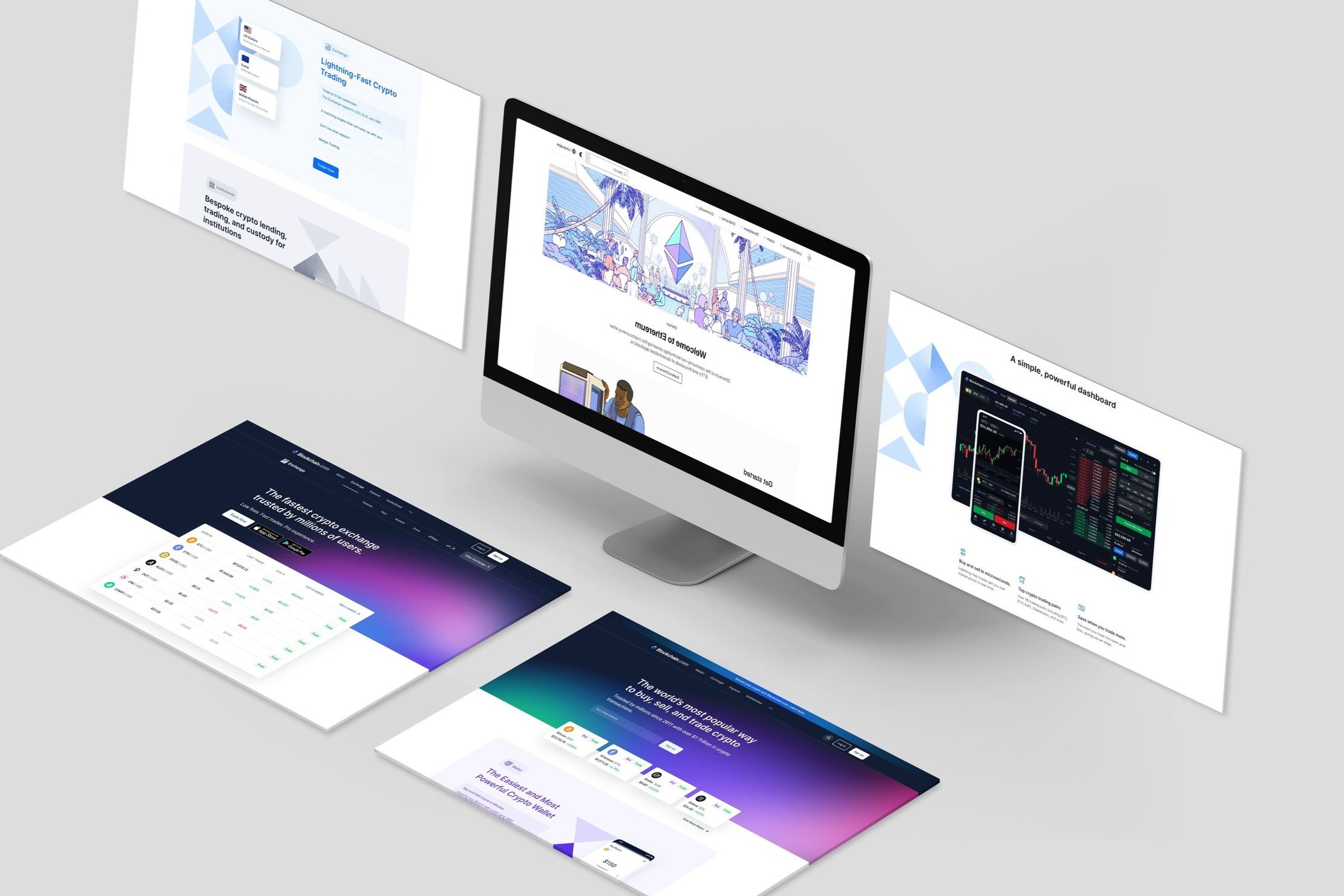
Problem-solving principles.
At ProjektID, we embrace 5 principles that allow us to provide a bespoke solution that solves your business’s problems. There is no cut and paste models in our services, only effective planning, developing, designing and implementation of work that provides your brand with meaningful value.
-
ProjektID can develop a strategy that works in tandem with your brand and the products/services that you provide to your customers/clients. First, we will engage in an intuitive workshop, which will allow both parties to deduce essential information about your business, including:
• Qualitative and quantitative industry data.
• Brand story and core unique characteristics.
• Goals and challenges.
• Strengths and weaknesses.
• Opportunities and threats.
-
Interacting with an existing audience is great for generating input. This can assist in focusing on perceptions of the products/services and the strategic B2B positioning too. Typical questions include:
• What do they like about your products/services?
• What benefits do they receive?
• Were they a customer/client of a previous business?
• Are there any recommendations for improvement?
-
The voice and personality of your brand are unique. Configuring these to flow throughout your whole business will avoid confusion. Hosting productive cross-functional meetings is an optimal method for integrating the brand positioning and mission statement together with:
• Strategies.
• Mock-ups.
• Copywriting.
• Online and offline operations.
• A guidelines dossier.
• An identity manual.
-
Your business’s target market share the same values, behaviours and personality traits as your brand. Now is the time to raise a community. A strong brand needs strong business assets, such as:
• Branded website development and designing.
• Powerful video marketing.
• Copywriting, social media and digital marketing.
• Graphic design assets.
-
When launching the business solution, developed and designed by ProjektID, you have a unique opportunity to decide how you wish to market your brand in the industry. Managing and maintaining the business assets is key for short-term and long-term growth. If the business assets are ignored then there is a potential for a collapse in performance.
Keeping an eye on the business’s assets metrics and feedback can control the execution of the launch and make adjustments if needed to achieve your brand’s objectives for the end-goal to stick the landing.
“Blockchain is our new mathematical best friend, not constrained by politics and human error”
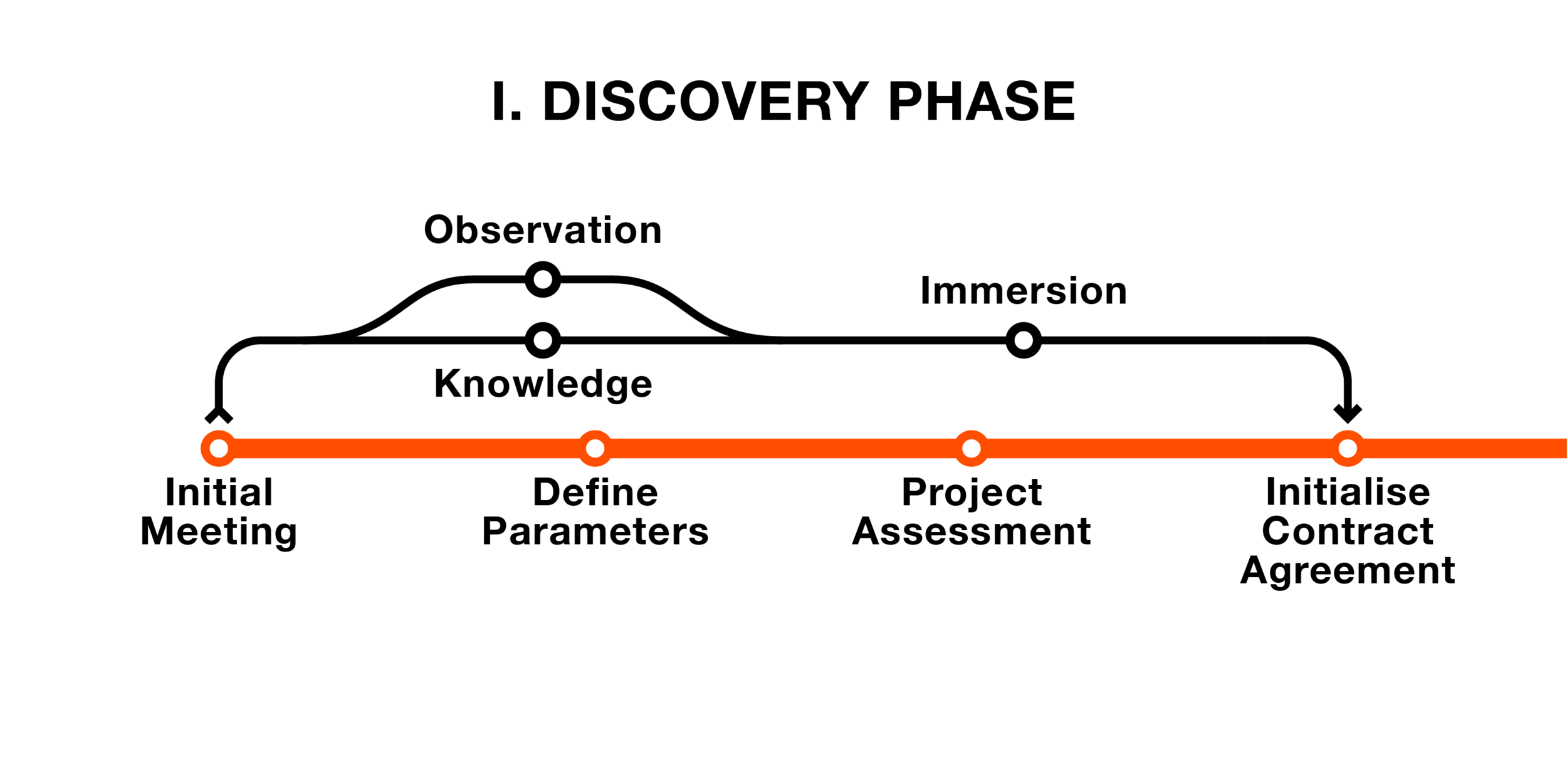
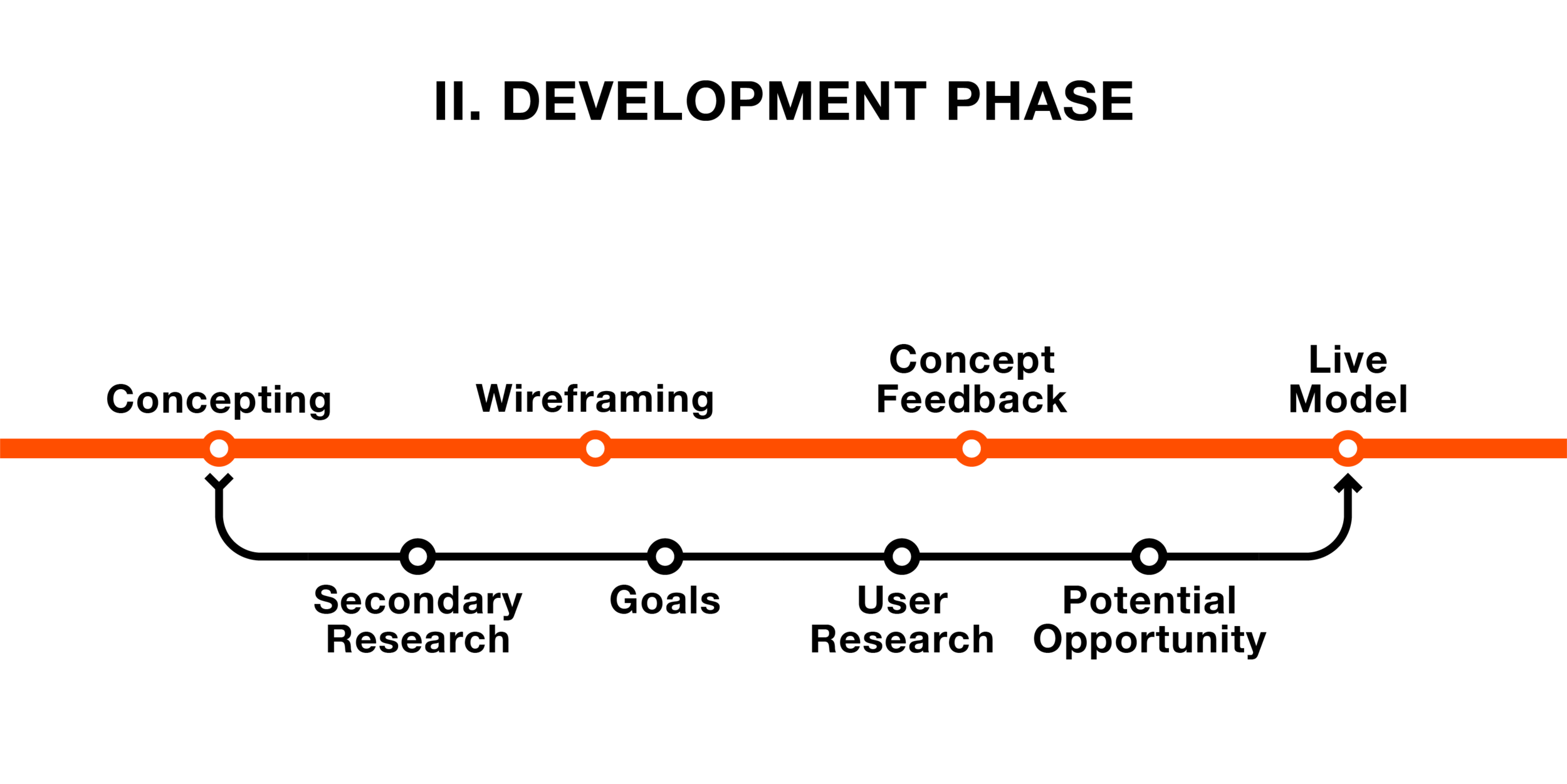
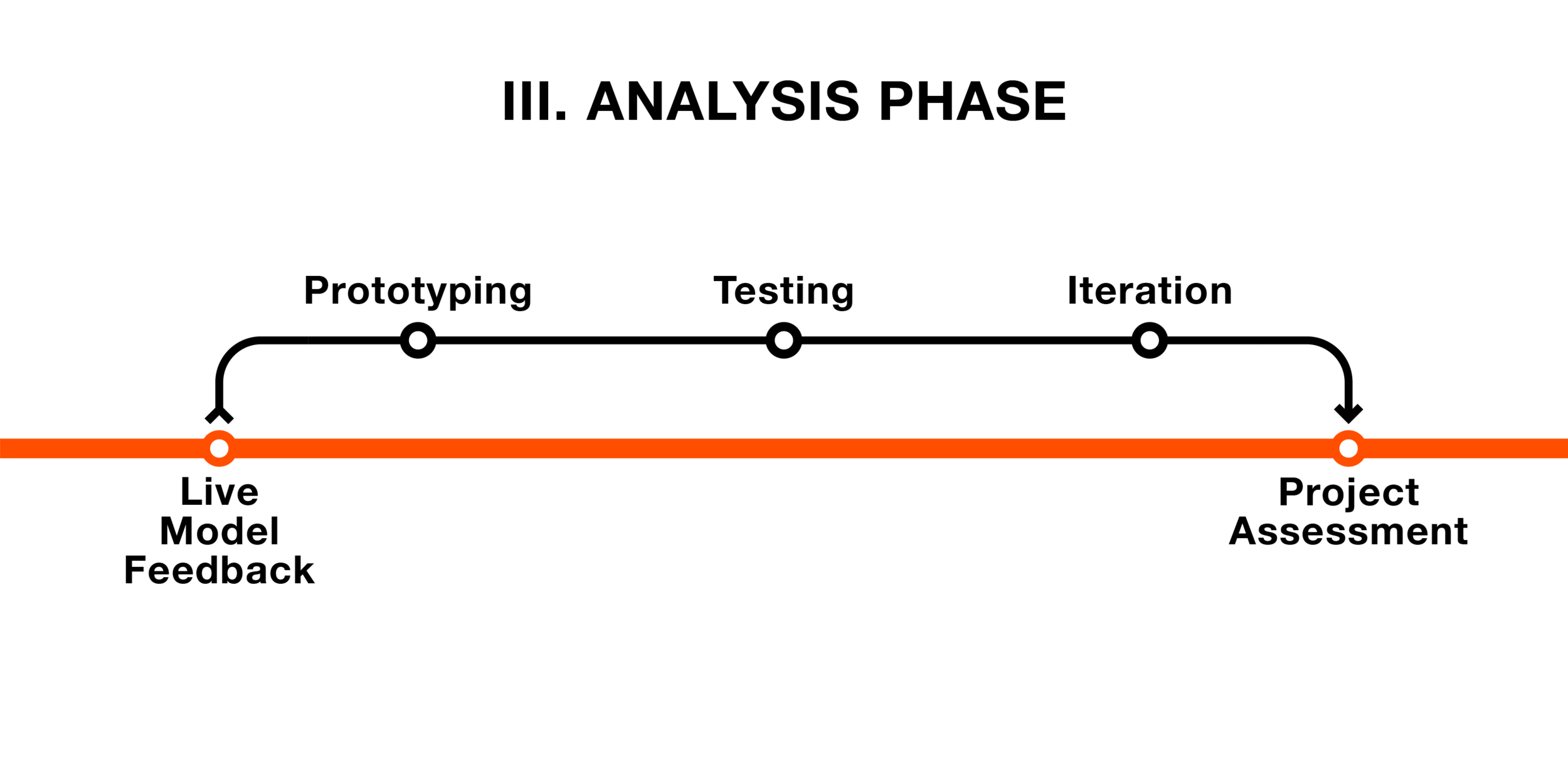
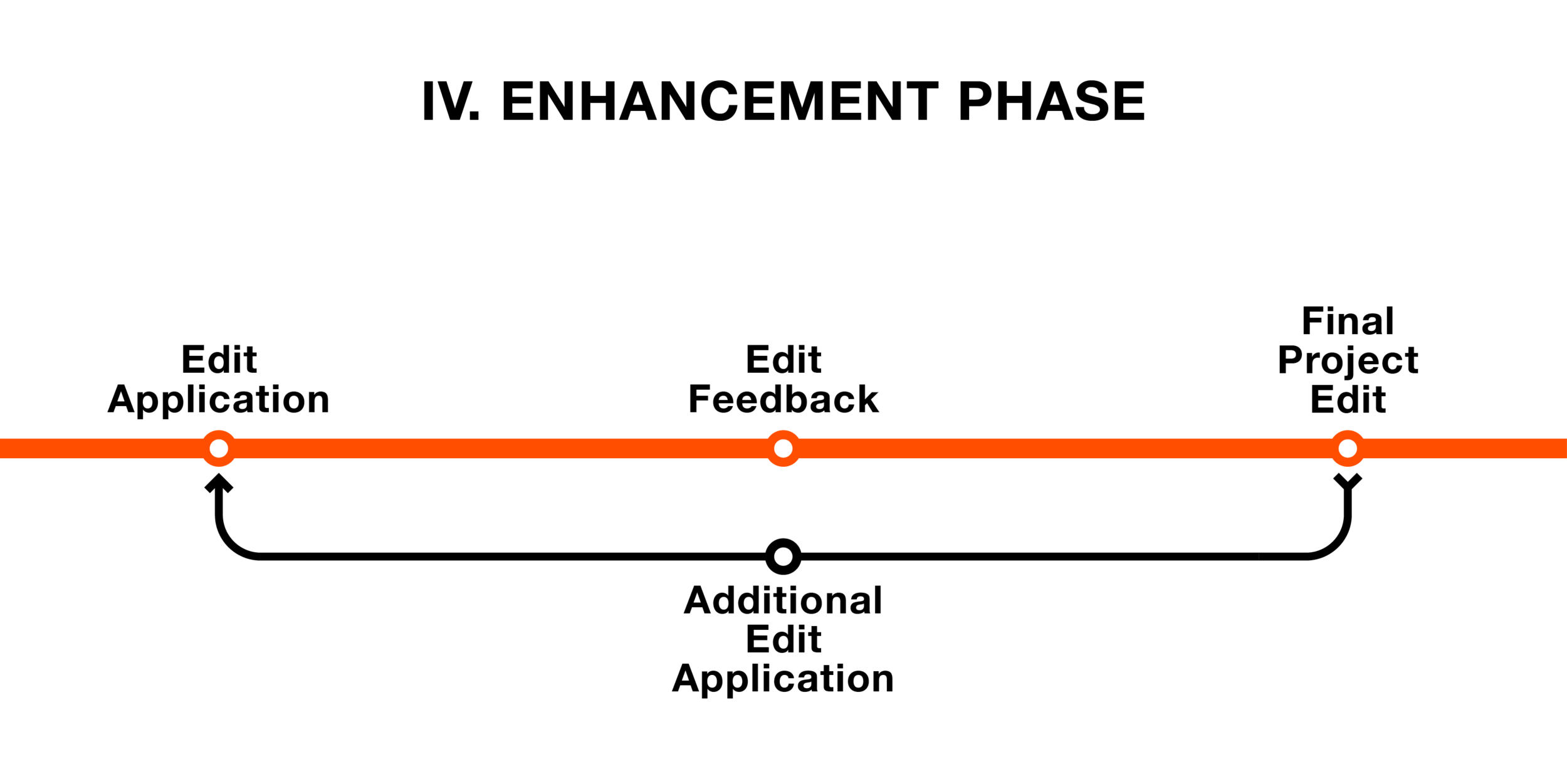
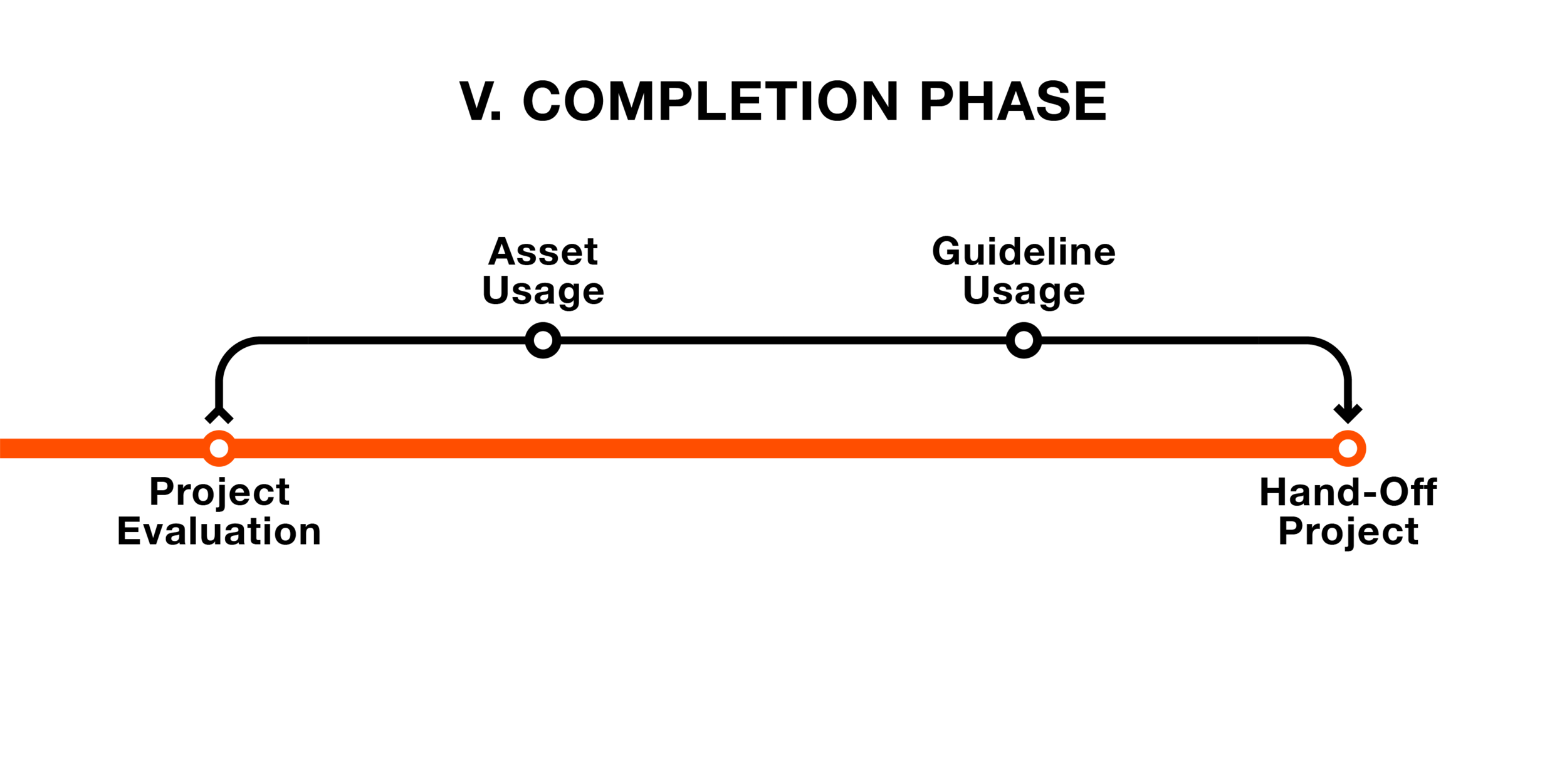
Rough order Of magnitude.
A Rough Order of Magnitude Estimate (ROM estimate) is a ‘ballpark’ estimation of a project's scale and cost. ROM estimates are not representative of every project budget, rather a comprehension of the scope-to-budget ratio. Every project is unique and requires a particular range of solutions to assist a business in solving problems. Please do contact us to organise an initial meeting to discuss your project (scope, budget & timeline). Keep in mind that the price reflects the content, skill and technical complexity of this solution and in turn can generate better value for your business.
Expert App
Approximate Duration: 8 Months
Advanced App
Approximate Duration: 5 Months
Basic App
Approximate Duration: 3 Months
*Depending on the scale of the custom solution the project can require up to 2 years to complete, while including respective funds
*Our Code strategies (Platform, Script and Blockchain) can work in tandem together to provide you with a complete solution
€6,5800.00
€4,1125.00
€2,4675.00
-
Web-based apps are browser-designed & developed applications that can be used on multiple desktops, laptops & smart devices, including mobile-friendly functionality & responsiveness. Meanwhile, mobile-based apps are specifically designed for smartphones, tablets, and other smart touch devices for Android (Google Play) and iOS (Apple) systems. Both app types can include various programming languages, platforms and blockchain technology that works in tandem to fulfil specific objectives & an end-goal. User interface design or user interface (UI) engineering is the design of user interfaces for machines and software with a focus on maximizing usability and the user experience (UX).
-
Front end and back end development are two vital areas of coding. Front end development describes that programming that is done to a site to impact the client-side or the user side of an app. Back end development is the programming done to the server-side or the side that only a developer sees. To increase the functioning of an app, each side must successfully communicate with and work with the other as a unified entity.
-
Amplifying content performance begins with selecting the right content management system (CMS) and tailoring its fundamentals to work in tandem with a particular workflow. The CMS should integrate with existing MarTech (Marketer Technology), enable faster content creation & delivery, facilitate content reuse across channels & campaigns, assist with content personalization, provides data-driven insights on content performance, tie content marketing to business outcomes, automate high-volume quality assurance tasks, allow for less reliance on IT.
-
A database is an organized collection of structured information, or data, typically stored electronically in a computer system. Connecting a database to a CMS will allow for streamlined data visualisation. Interlinking Microsoft SQL Server, a relational database management system, or SQLite, a C-language library, with Umbraco, an open-source CMS platform for publishing content, can assist with storing and retrieving data as requested by a web/mobile app on-demand.
-
Workflow automation is technology that automates time-consuming manual work like data entry or leads nurturing. This can include streamlining communication between team members & clients, increased accountability, cost savings, empowering employees, daily & weekly efficiency, productivity boost and higher-quality work.
-
App software scalability is the ability to grow or shrink a piece of software to meet changing demands of a business. Software scalability is critical to support growth, but also to pivot during times of uncertainty and scale back operations as needed. Scaling software is a necessity for many seasonal industries.
-
Software as a service, also known as ‘on-demand software’ and Web-based/Web-hosted software, is a software licensing and delivery model in which software is licensed on a subscription basis and is centrally hosted. Collect reoccurring payments to provide timed access for custom-developed software, providing users with reduced time to benefit, lower costs, scalability & integration and future upgrades.
-
A responsive website is one that changes based on the screen size of the device. Responsive websites react with the user in mind, and enhance usability no matter what the device is. Mobile-friendly functionality helps to condense a desktop site into a more easily navigating experience.
-
A wireframe is a two-dimensional skeletal outline of a webpage or app. Wireframes provide a clear overview of the page structure, layout, information architecture, user flow, functionality, and intended behaviours. As a wireframe usually represents the initial product concept, styling, color, and graphics are kept to a minimum. Wireframes can be drawn by hand or created digitally, depending on how much detail is required.
-
Web/mobile app copywriting is the process of writing digital content for app pages pages. A compelling copy can keep your website visitors engaged and lead them to take actions that are both important to you and meaningful to them.
-
Web/mobile app content development is the process of researching, writing, gathering, organizing, and editing materials that support and promote your online presence. Smart web content development can lead to online success, and if a business operates mostly or entirely on the internet, then web content can make or break it.
-
Search engine optimization (SEO) is the process of improving the quality and quantity of web/mobile traffic to a website or a mobile app from search engines. By improving SEO we also improve Search Engine Results Pages (SERPs), which are the pages that Google and other search engines show in response to a user's search query.
-
Meta titles & descriptions, also known as search titles & descriptions, are short pieces of text that describe your site's content. Search engines show meta descriptions below the page title in search results if they can't find site content that's more relevant to a visitor's search terms.
-
Call To Action (CTA) is a marketing term for any device designed to prompt an immediate response or encourage an immediate sale. A CTA most often refers to using words or phrases incorporated into sales scripts, advertising messages, or web pages, which compel an audience to act in a specific way.
-
In internet marketing, Conversion Rate Optimization (CRO) is a system for increasing the percentage of visitors to a website that convert into customers, or more generally, take any desired action on a webpage.
-
Lead capture is a specially-designed methodology with a sole purpose in collecting information about leads (name, email, phone number, and so much more). This information is collected through a lead capture form and used to help you build a relationship with your leads.
-
The guidelines dossier outlines a set of rules for the brand to abide by in order to maintain a high level of quality with the business asset.
-
Throughout the project, receive ongoing & regular technical consultations. Gain an in-depth understanding of the project & phases, business asset(s), and strategic & technical guidance that assists your brand.
-
Once the project has been completed and the asset(s) transferred to the client, understand how to: use the asset, render future modifications and create alternative assets in-house.
-
An identity manual is a document, which can be printed or digital, where a set of rules or visual guidelines for a brand are compiled. The manual describes the use of all intricacies and their possible applications or future alterations associated with a brand.
-
Once a project is complete and 100% of the budget is fullfiled, a certificate of ownership will be provided.
Service roadmap.
Comprehending the complete development processes is key in maximising the performance of a project’s success. ProjektID works in tandem with clients in order to maintain operational control of every single detail.
-
Approximate Duration: 3 Days
Approximate Duration: 3 Days
Approximate Duration: 3 Days
Discovery Phase
In the Discovery phase, ProjektID will need to initially define the scope of the project. This is done through an initial meeting with the client. Then the project parameters can be defined along with an assessment of the project. Once all of this is complete, the project ‘Authorisation To Proceed’ (ATP) Contract will need to be agreed to and the project will commence.
-
Approximate Duration: 119 Days
Approximate Duration: 79 Days
Approximate Duration: 40 Days
Development Phase
In the Development phase, the solution will undergo creation. A demonstration live model will then be created. All of these will be displayed to the client for feedback and agreement.
-
Approximate Duration: 14 Days
Approximate Duration: 14 Days
Approximate Duration: 14 Days
Analysis Phase
The Analysis phase focuses on gaining real feedback from asset testers. Live model testing will enable ProjektID and the client to better define the business asset and to assess the project thus far.
-
Approximate Duration: 109 Days
Approximate Duration: 73 Days
Approximate Duration: 36 Days
Enhancement Phase
The Enhancement phase will enable ProjektID to implement any small and big alterations to the asset from the feedback in the Analysis phase. If the final project edits still do not fulfil the project scope then additional edit applications will be enacted until complete.
-
Approximate Duration: 3 Days
Approximate Duration: 3 Days
Approximate Duration: 3 Days
Completion Phase
In the Completion phase, both ProjektID and the client will evaluate the project together. Once the project has fulfilled the objectives in the whole project scope, the project will be handed off to the client.
Project glossary.
A glossary is an alphabetical list of terms in a particular domain of knowledge with the definitions for those terms.
Budget
The amount of money that a person, group, or organization has available to spend on a ‘project’. A budget defines the maximum and minimum values allocated to generate a particular outcome.
Project
A piece of planned work or activity that is completed over a period of time and intended to achieve a particular aim.
Project Complexity
The condition of lacking simplicity of a problem. A set of problems that consists of many parts with a multitude of possible interrelations, being of high consequence in the decision-making process that brings about the final result.
Project Scale
A determining factor from ‘Project Scope’, is most simply defined as the degree and extent to which project management practices are formally applied. Taking a "one size fits all" approach is unwise and impractical.
Project Scope
Features and functions of the scope of work needed to complete a project. Scope involves gathering information required to initialise a project, and the features the project would have that the client requires.
Project TimeLine (Duration)
A period of seconds, minutes, days, hours, weeks, months, or years, in which something may happen or in which something may occur.
Quality Control (QC)
This is a process through which a business seeks to ensure that product quality is maintained or improved. Quality control requires creating an environment in which a project strives for perfection.
Roadmap
Provides a strategic overview of the major elements of a project. This usually includes objectives, milestones, deliverables, resources, and a planned timeline.
Service Element Deliverable (SED)
A sub-division of Project Scope, a Service Element Deliverable is an action that is performed within a specific aspect of a project in order to serve a purpose. Multiple actions together (SEDs) compose the scope of work.
Stage (Phase)
A collection of activities within a project. Each project phase is goal-oriented and ends at a milestone. Reaching these milestones means the project progresses. Each phase can be divided into sub-phases.
Stage (Plan)
These include things to do, short-term and long-term objectives, and other actions that affect project completion.
Stage (Progress)
These include milestones, goals achieved, finished tasks and validated items that contribute to project completion.
Variable
A variable is any factor, trait, or condition that can exist in differing amounts or types. A project usually has three kinds of variables: independent, dependent, and controlled.
Variable (Control)
A control variable, or constant, in project development is an element which is constant and unchanged throughout the course of the project. The control variables themselves are not altered throughout any project scale.
Variable (Dependent)
The variable is measured during project development and is 'dependent' on the independent variable. In a project, the effect on the dependent variable is caused by altering the independent variable.
Variable (Independent)
The variable being manipulated during project development and is assumed to have a direct effect on the dependent variable. This determines the cause and effect of a project.
Project scale.
‘Project Scale’ is a determining factor from ‘Project Scope’ and ‘Project Complexity’, most simply defined as the degree and extent to which project management practices are formally applied. It is unwise and impractical to take a ‘one size fits all’ approach to each project, as there will be unique problems to solve along with varying scales, scopes and complexities to assess.
Project Scale = Project Scope X Project Complexity
Project variable.
A variable is any factor, trait, or condition that can exist in differing amounts or types. A project usually has three kinds of variables: independent, dependent, and controlled.
Control Variable
The control variable, or constant, in project development is an element that is constant and unchanged throughout the course of the project. The control variables themselves are not altered throughout any project scale.
Quality Control
Independent Variable
The dependent variable is what gets measured during project development, and is 'dependent' on the independent variable. In a project, the effect on the dependent variable is caused by altering the independent variable.
Timeline
Dependent Variable
The independent variable is what gets manipulated during project development, and is assumed to have a direct effect on the dependent variable. This determines the cause and effect of a project.
Budget
Our projects.
Developing a specific strategy for a business in a unique situation, within both the digital and physical world, has allowed us to vary our mindset to solve specific problems. Take a peek at some projects that we have been excited to work on.







2022